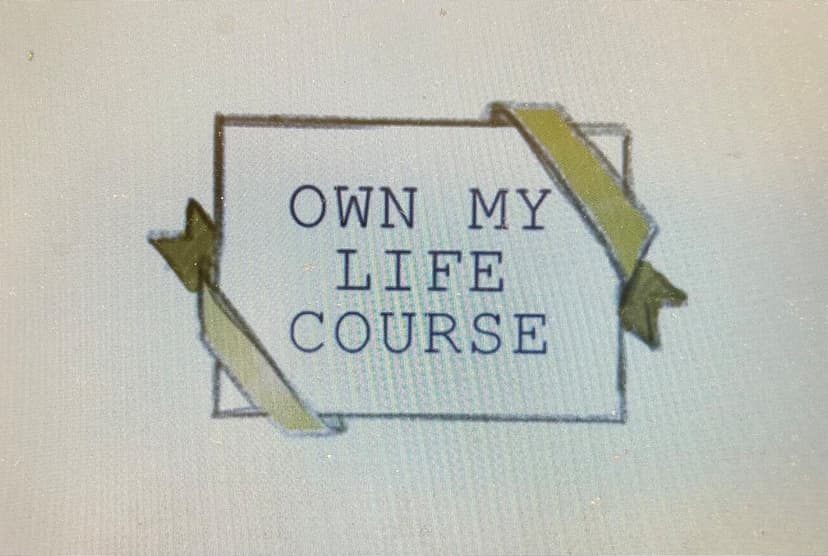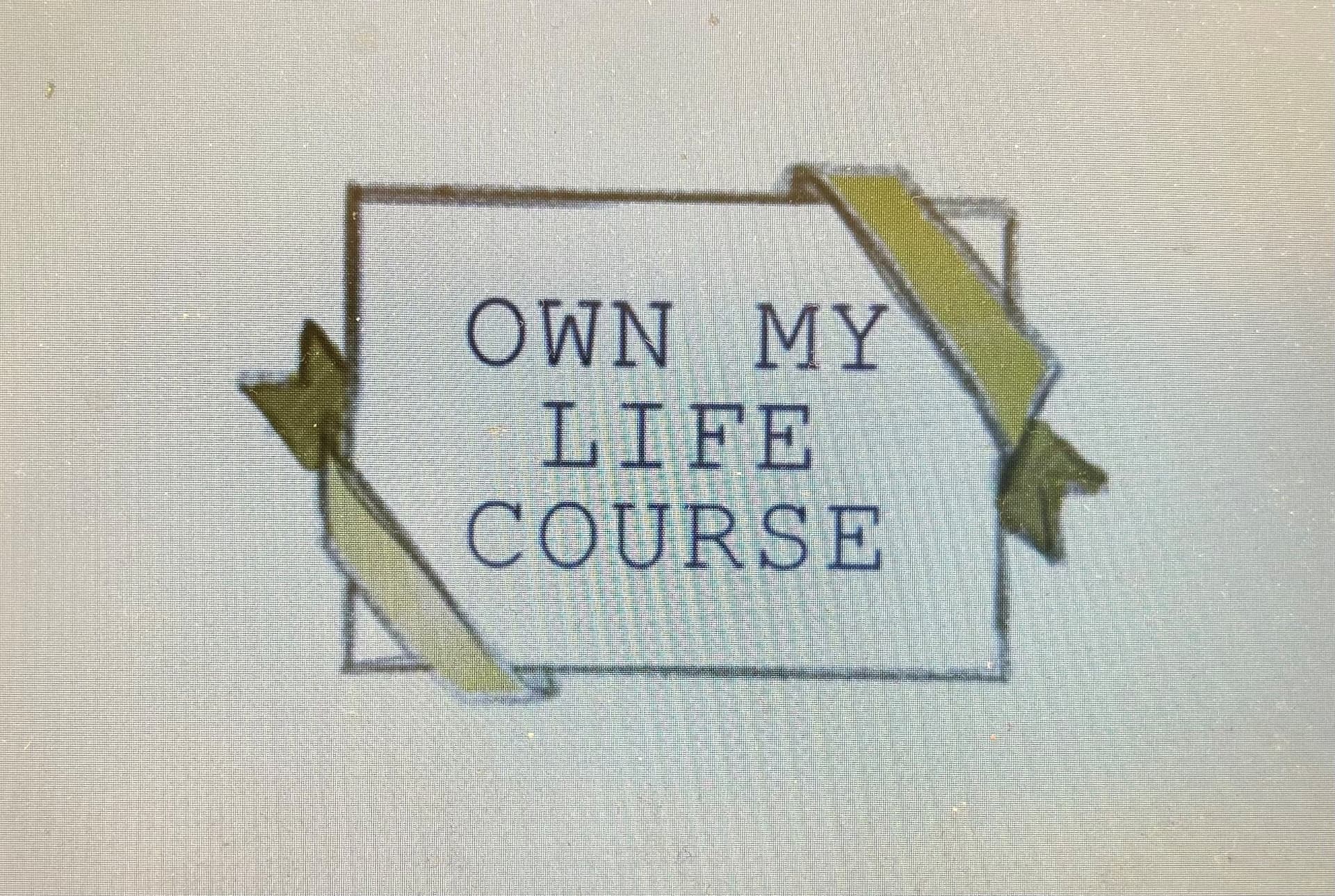
Own My Life
The Own My Life Programme
Own My Life combines decades of research about abuse and trauma with a high tech, innovative and transformational methodology. We equip practitioners to give women the skills to understand a make sense of their lives and move forward with hope and positivity. Own My Life is a 12 week programme which we run on line or in person.
Course principles
Woman-centred
We centre women and girls and their needs in all that we do and we understand that a feminist analysis is necessary to effectively respond to male violence and the harm men do to women and children.
Controlling Behaviour
Men and boys who abuse use various tactics to control women (and their children) and girls, to have power over them, and to maintain their beliefs of ownership and entitlement
Space for Action
In order to be free from an abuser and move forward with their lives women and girls need space for action, where the abuser’s tactics become less effective and they have a supportive space to take positive action for their lives. (Kelly, 2003)
Abuse is rooted in ownership and entitlement
Men’s and boys' abuse and violence is rooted in their beliefs that they own their partner (and children) and they are entitled to behave in whatever ways they choose to.
Consciousness Raising
This refers both to a woman’s consciousness of her own personal life, but also to gaining understanding about the dynamics of domestic abuse and what is driving the abuser’s behaviour. It also includes socio-political education in identifying misogyny, patriarchy, and sexism in media, law, history, and across society
Building Self-Efficacy
Women and girls need to be able to take back ownership of their lives from the abuser. They can be supported to do this through having space for action and through consciousness raising. Self-efficacy is defined as having confidence in your ability to exert control over your own motivation, behaviour, and social environment. Helping women and girls to build self-efficacy is integral to recovery after a relationship with an abuser. (Bandura, 1994)
Safety
Abusive men and boys kill women (and their children) and girls. They rape, injure, disfigure and violate women (and their children) and girls. Any intervention with women or girls may increase an abuser’s risk to them, and this requires practitioners and organisations to make every effort to maintain and increase the safety of girls, women and their children.
For more information about the programme please contact Referrals <referrals@wa-support.co.uk> our complete our contact us form.
Groups are running from week commencing 5th January 2026. One in person on Wednesdays at 10am and one in the evening on a Thursday at 6pm on line.


